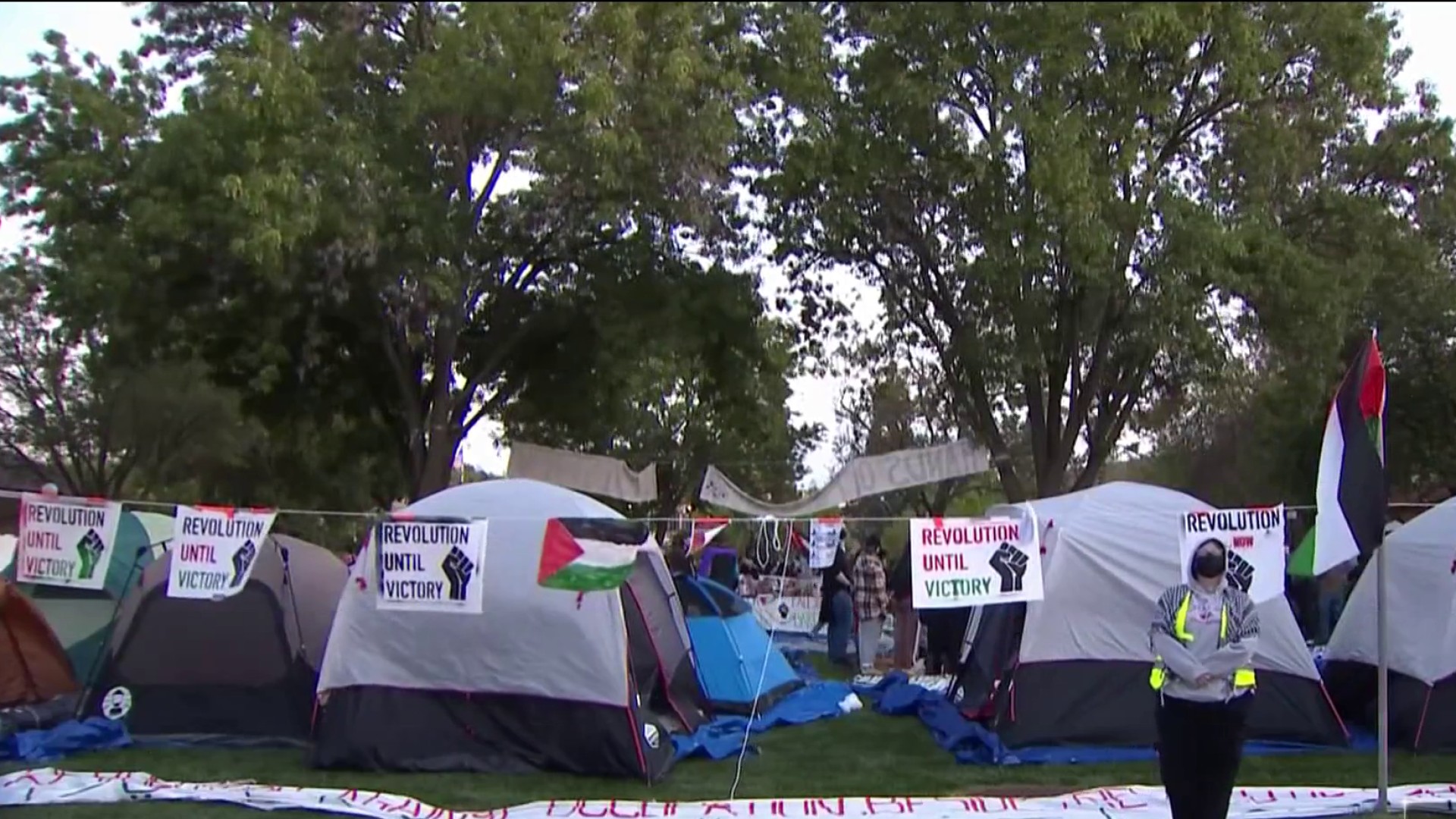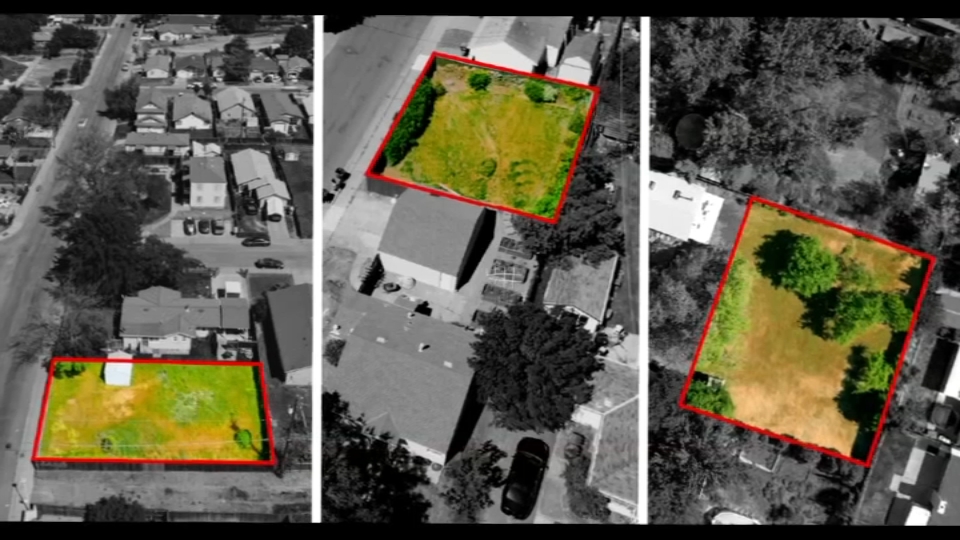A 4-year-old Berkeley girl is among an alarming number of California children who have experienced mysterious, polio-like symptoms since 2012.
The parents of Sofia Jarvis say their daughter suffered paralysis in one arm following a brief respiratory illness. Health experts say a virus related to polio could be responsible.
Dr. Keith Van Haren, a pediatric neurologist from Stanford University's Lucile Packard Children's Hospital, is working with doctors in Southern California to figure out what is causing the symptoms in California children and will present several of the cases at the American Academy of Neurology's upcoming meeting.
"The disease resembles, but is not the same as polio,'' he said. "But this is serious. Most of the children we've seen so far have not recovered use of their arm or their leg.''
Doctors started seeing the symptoms in Southern California in 2012. Children came in with severe weakness or rapid paralysis in the arms or legs, sometimes after a mild respiratory illness.
Van Haren said he has studied five cases from Monterey up through the San Francisco Bay Area, including two that were identified as the disease enterovirus-68, which is from the same family as the polio viruses. He said there have been about 20 cases statewide.
Van Haren said all five patients had paralysis in one or more arms or legs that reached its full severity within two days. None had recovered limb function after six months.
Local
"We want to temper the concern, because at the moment, it does not appear to represent a major epidemic but only a very rare phenomenon,'' he said, noting similar outbreaks in Asia and Australia.
But for some children, like Sofia, rare doesn't mean safe.
She first developed what looked like asthma two years ago, but then her left arm stopped moving, and it has remained paralyzed ever since.
"You can imagine. We had two boys that are very healthy, and Sofia was healthy until that point,'' said her mother, Jessica Tomei. "We did not realize what we were in store for. We did not realize her arm would be permanently paralyzed.''
Van Haren, who diagnosed Sofia, said polio vaccines do not protect children from the disease, but he stressed that it is still important for children to receive that vaccine.
Dr. Jane Seward of the Centers for Disease Control and Prevention in Atlanta said Monday that the research is still underway in California, and there are a variety of infectious diseases that can cause childhood paralysis.
Any of a number of illnesses could be at work, and it's possible some of the cases had one infection and some had another. Regarding the presence of EV-68 in at least two cases, "it could be an incidental finding,'' Seward said.
Until officials get more information, Seward said they are not looking around the country for similar cases of EV-68.
The California Department of Public Health has not identified any common causes that suggest that the cases are linked, said Dr. Gil Chavez, the deputy director of the Center for Infectious Disease and state epidemiologist.
"Physicians and public health officials who have encountered similar illnesses have submitted 20 reports to CDPH, and CDPH has conducted preliminary tests on 15 of these specimens,'' he said. "Thus far, the department has not identified any common causes that suggest that the cases are linked.''
University of California, San Francisco, neurology professor Emmanuelle Waubant said doctors believe, but don't have proof, that it's a virus that for most children shows up only as a benign cold. She said a few children, due to their biological makeup, are having much more serious symptoms and she hoped doctors would look for them.
"For a lot of the neurologists who have trained in the last 30 years, it's extremely rare to see polio or polio-like syndrome,'' she said.



